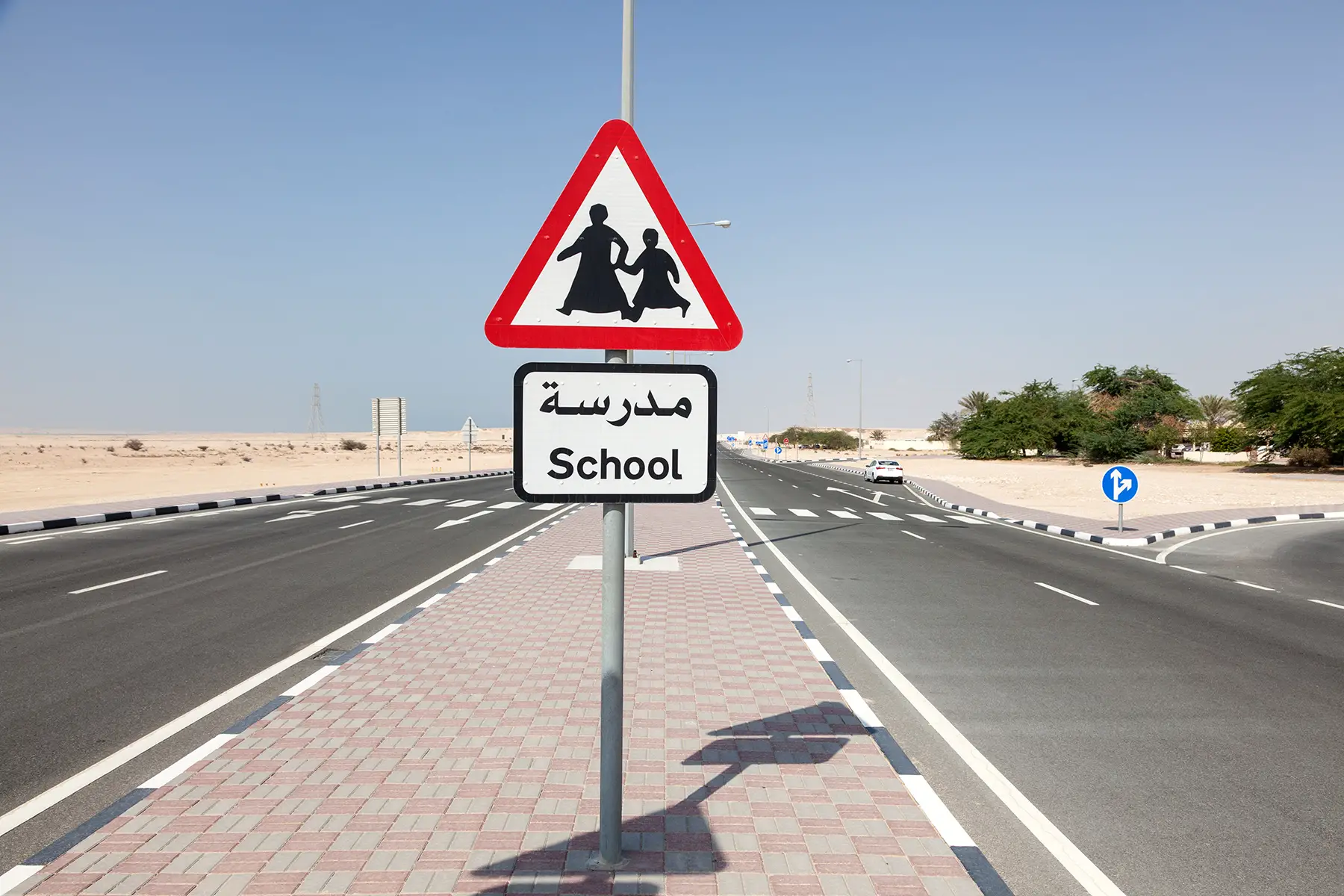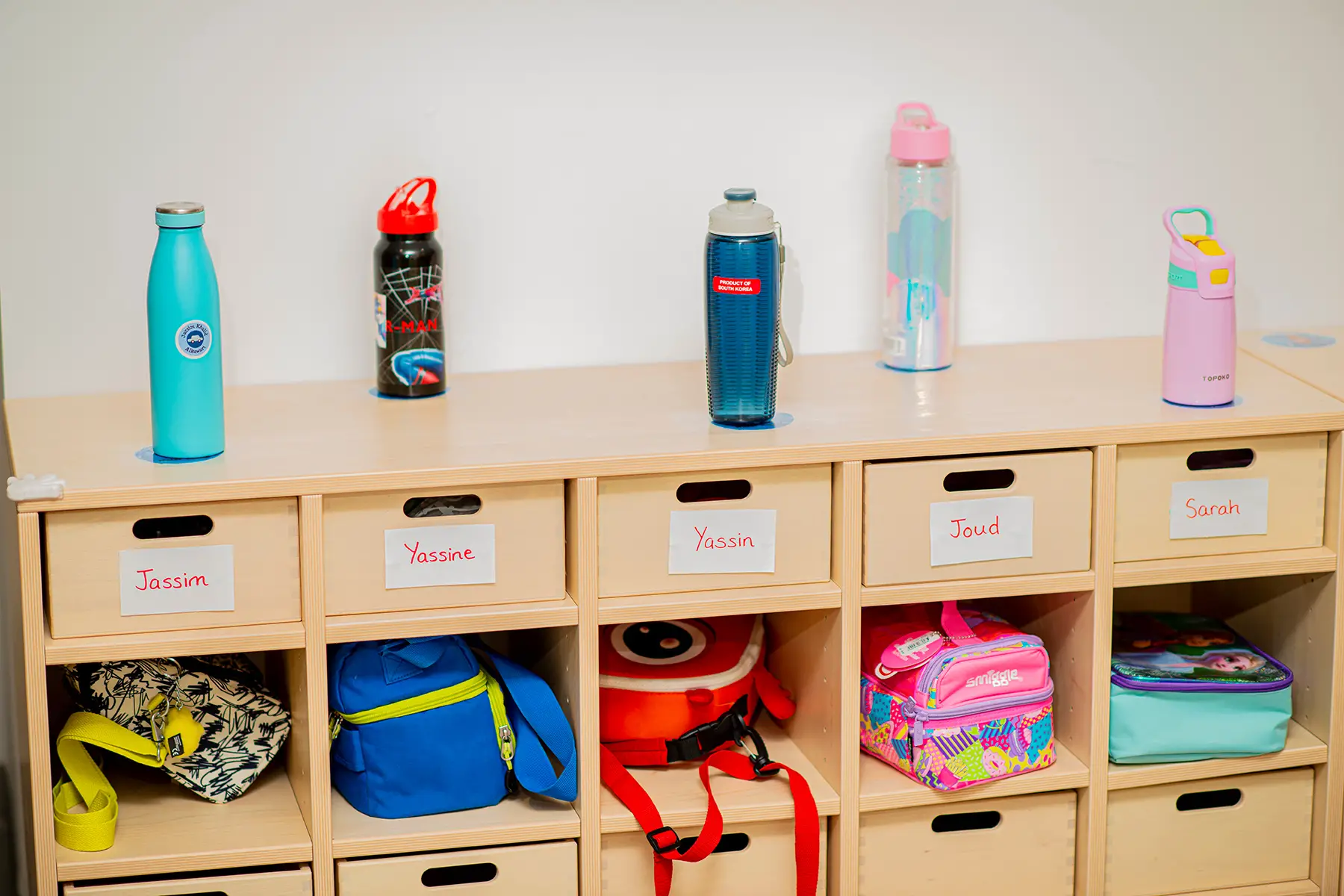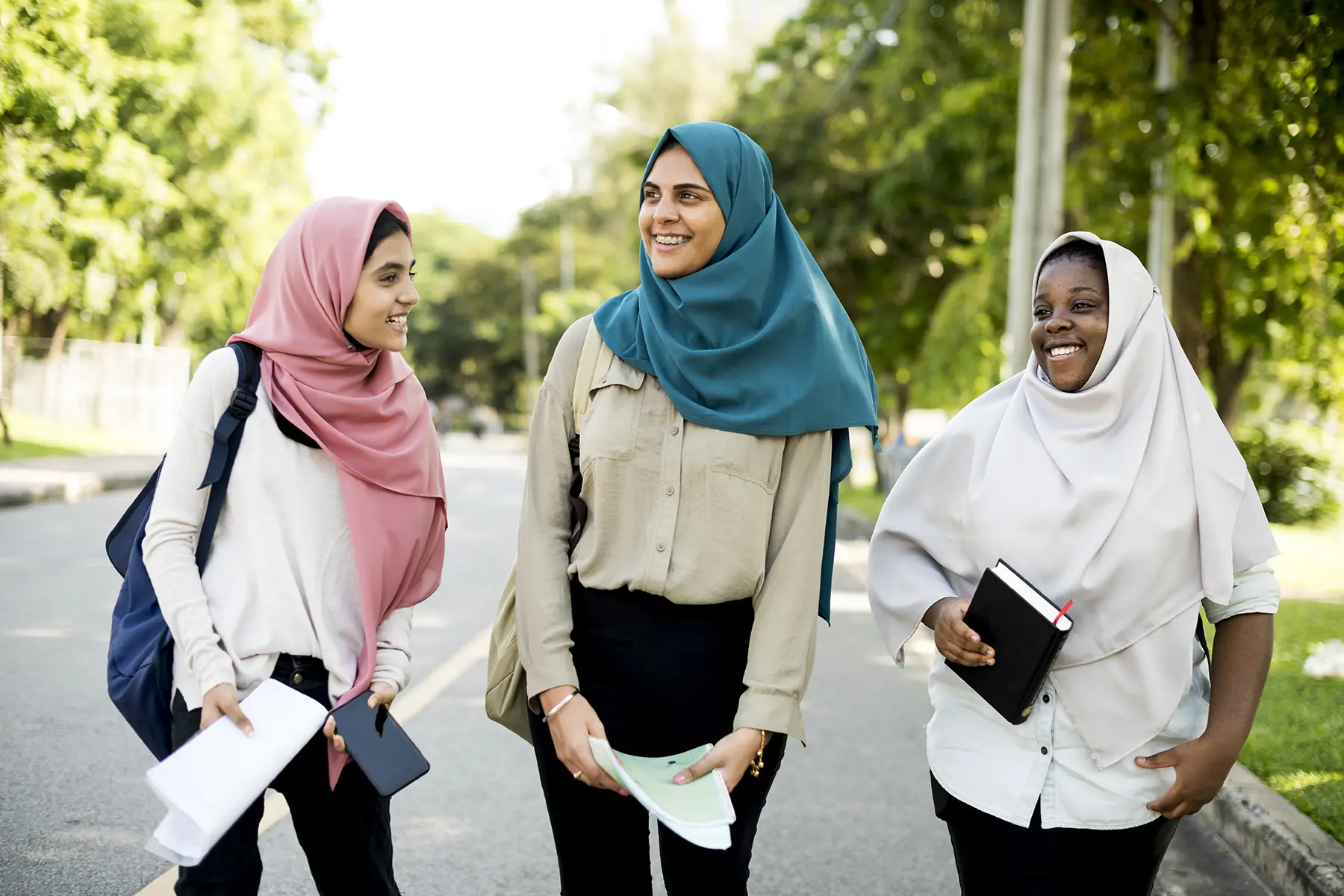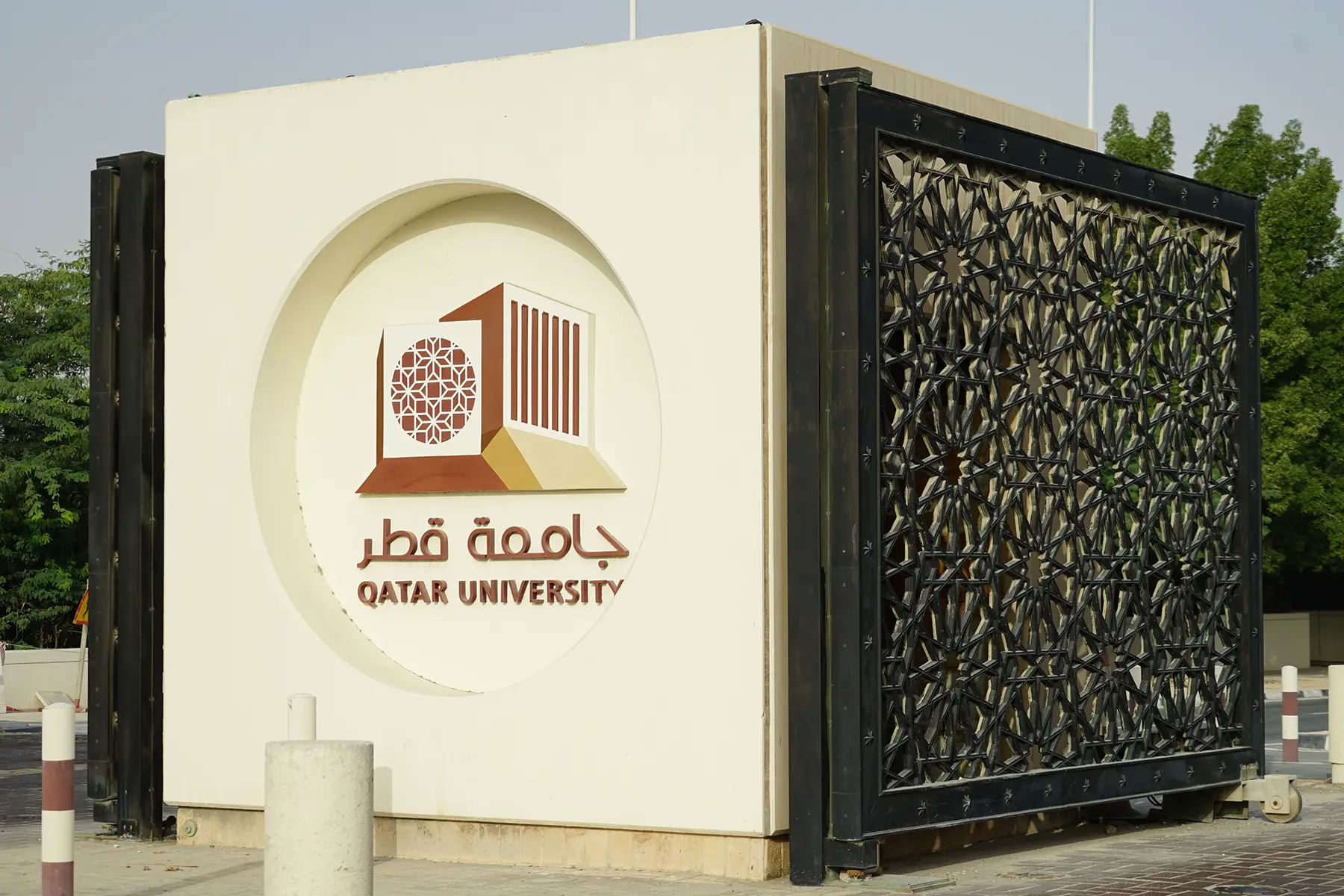With people from all over the globe living on this peninsula, you’ll find a range of options within the education system in Qatar. From various languages of instruction to teaching methodologies, parents will have to do their homework to find the right school for their child.
This guide explores Qatari schools, international schools, special needs options, and everything in between. It includes the following information:
Education in Qatar
If your child doesn’t speak Arabic, the education options are fewer. Overall, the education system in Qatar is divided between public and private schools. Government-funded schools, sometimes called Ministry or Independent schools, are overseen by the Supreme Education Council (SEC). As long as they meet the basic requirements, they have some autonomy to set curricula. Government schools have three levels: primary (ages 6–12), preparatory (13–15), and secondary (16–18) education. Generally, independent schools are free for Qataris, teach in Arabic, and are very difficult to access for non-Qataris.

Private schools, on the other hand, have greater diversity. All private schools must meet the requirements of the Qatar National School Accreditation (QNSA) but are free to set their own curriculum. Some private schools teach in Arabic and nearly mirror the educational guidelines of independent schools; international schools, however, cater almost exclusively to expats. Generally, the language of instruction and curricula at international schools varies according to their institutional affiliation.
Preschool education in Qatar
Pre-school is not compulsory in Qatar. However, it might be a good idea for your little one to practice socializing with other tots. This way, they also gain the sensory and mental skills to enter primary school.
Options for nurseries (for children aged 0-3) and kindergarten or preschool (ages 3–5) are plentiful, depending on your needs. Thankfully, there are rarely waiting lists to get into schools. While you can find international pre-schools of every kind, keep in mind that some may not be regulated, or may not have qualified staff or proper facilities. Do your homework and tour potential sites before settling on a final option. Also bear in mind that costs can range from between QAR 15,000 and QAR 40,000.
Primary education in Qatar
The primary school system in Qatar
Primary education in Qatar is overseen by the SEC for independent schools and by the QNSA for private schools. Attendance is for students between the ages of six and 12 and is compulsory. Attendance in later stages of education, however, is up to parents’ discretion.

Public primary schools in Qatar
Government-funded primary schools are free and universal for Qatari citizens. Classes are in Arabic, with mandatory courses including English, math, science, and Islamic studies. The quality of instruction varies based on the individual school, but rote memorization and repetition are common teaching methods. Students are almost entirely Qatari because very few expats are able to enroll in government schools.
Private primary schools in Qatar
Some Qatari private schools teach in Arabic and mirror government-school curricula, while some are international private schools. International schools may be based on a particular country, for example, a French school, or may practice a particular educational model, such as the British GCSE.
Keep in mind that many schools cater to both primary and secondary students for convenience; therefore, your child may never have to switch schools. Costs range by grade level and school but could set you back between QAR 20,000 and QAR 65,000.
Secondary education in Qatar
The secondary school system in Qatar
Secondary school in Qatar can mean different things depending on the institution. Within public schools, students in the preparatory stage are between 13 and 15, while secondary school hosts those 16 to 18. In international schools, they might use other terms, such as high school and may include a different age range, such as 14 to 17. Interestingly, secondary school is not compulsory in Qatar.

Public secondary schools in Qatar
Preparatory and secondary education in independent schools is free for Qataris. Because schools set their own education plan, however, quality varies based on the plan, the staff, fellow students, and so on. Required subjects include Arabic, English, math, science, and Islamic studies. Students who would rather attend a vocational secondary school can choose among schools that focus on topics such as commerce, business, science and technology, and religion.
Private secondary schools in Qatar
There are numerous private secondary schools in Qatar. You will find international schools that cater to students who want to study the German national curriculum, in German. You will also find schools that teach in English and follow the British GCSE or International Baccalaureate (IB) program.
There are plenty of options, so be sure to decide as a family what kind of school best meets your child’s educational and future needs. Furthermore, keep in mind that many schools have waiting lists and you are not guaranteed a spot in your top choice.
Graduating in Qatar
At the end of secondary school, Qatari students take the Secondary School Certificate, which tests how much they have learned across various subjects. A student’s score from this exam is taken into account when they apply to university.

For those attending an international school, graduation requirements depend on the school; some may have a final, consolidated exam, whereas others may simply require that students pass all their classes in order to receive a diploma. Importantly, if your child is planning to study abroad, make sure that their school’s diploma and accreditation are accepted in the countries and universities they would like to study in.
International Baccalaureate in Qatar
For parents who are looking for an internationally recognized program, the International Baccalaureate is a good option. With a well-rounded, structured program that fosters critical thinking, creativity, and service, the IB is well-respected the world over. There are 17 schools in Qatar that offer the IB program. For more information, check out our guide to international schools in Qatar.
Support for children with special educational needs (SEN)
Parents looking for support for children with special educational needs have a few options in Qatar. While some schools accept special needs students and mainstream them with special support, some parents turn to centers that focus on them. Make sure that you do your research to ensure that a school or center understands your child’s specific needs and can meet them. And, of course, be sure to explore your options and visit different schools before enrolling your child.
In terms of SEN schools in Qatar, the Child Development Center and the Shafallah Center offer testing, workshops, and other supports, while the Al Noor Institute for the Visually Impaired offers support to people with visual impairments. Meanwhile, Renad Academy helps children who have been diagnosed with mild to moderate Autism Spectrum Disorder (ASD). There are also schools that accept and accommodate special needs students, such as Gems American Academy, King’s College Doha, and Qatar-Finland International School.
Changing schools in Qatar
As a fee-paying parent, you have significant autonomy when it comes to choosing or changing your child’s school. In fact, if you would rather your child studied elsewhere, you are able to withdraw or enroll them at any time. Keep in mind, however, that it might be in their best interests to do so between semesters or school years. Finally, be certain that you have spoken with and secured an acceptance at your next school before withdrawing your child. This way you can avoid them missing key parts of their schooling.
Homeschooling in Qatar
Qataris who wish to homeschool their children must meet a few key requirements first. However, for expats, homeschooling is possible but lacks regulation; therefore, you need to verify the homeschooling laws and standards in your country and follow them with your child. The good news is that there are supportive networks for expat parents who homeschool. A good place to start exploring the community is Doha Home Educators.
Educational support for expat students in Qatar
It takes significant time and work to figure out a way to enroll expat children in a Qatari public school. Once you do, make sure your child is prepared to study in Arabic, and that you are prepared to handle school interactions in Arabic.

Generally speaking, however, most expats send their children to international schools because they cater to the expat experience. Moreover, international schools offer options such as SAT-prep or AP classes so that students can flourish as well as transition smoothly back to their home educational systems.





